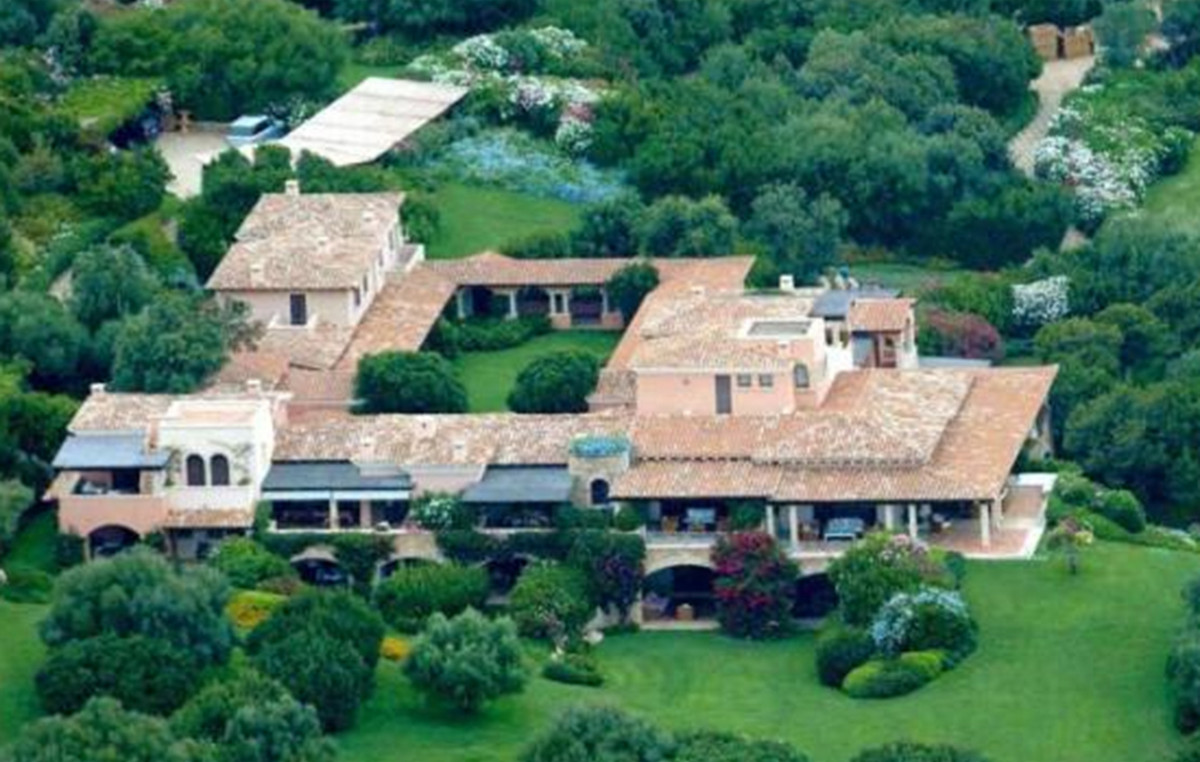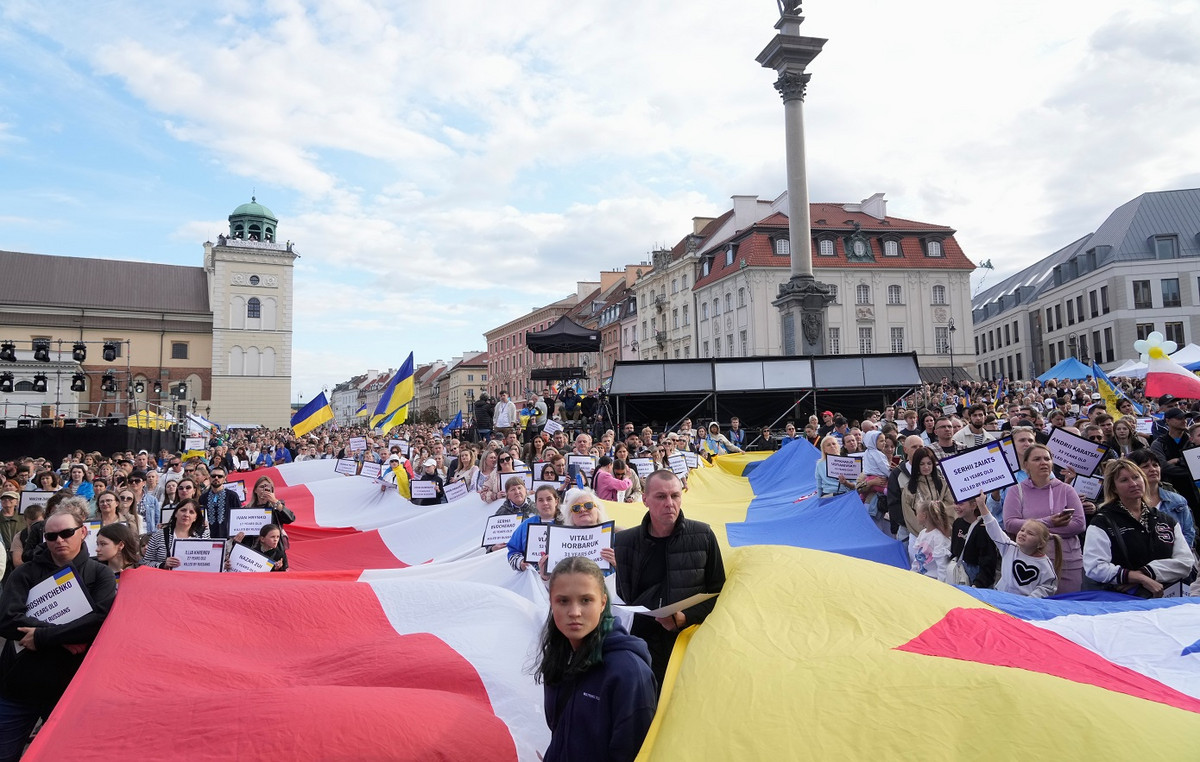In an interview with CNN the chief economist at Inter, Rafaela Vitória, pointed out that the size of the additional spending approved this Tuesday (6th) in the PEC of the Explosion should impact the perspective of interest rates in the country.
“We can see a small relief in the market with the approval of the PEC, but if we compare the interest market today with what we had 1 month ago, it is a very relevant deterioration, mainly in future interest rates, which are very important for investments. We had a small relief, but close to what we had, for the perspective of interest rates in Brazil, we see a big deterioration since the Transition Pec started to be discussed”, he evaluates.
For the economist, the most relevant aspect of this PEC was the magnitude of the additional expenditure. “We see at the end of the year the government really getting very close to the ceiling, lacking resources for some programs, the budget for 2023 with some significant cuts for some programs, so some recomposition was expected, some spending outside the ceiling was expected, but in a magnitude closer to BRL 70 billion to BRL 80 billion. The R$ 145 billion as it was approved and the way it is being approved brings a lot of uncertainty to the market. And this fiscal expansion should have a significant impact on public accounts next year.”
The feeling of uncertainty in the market is also reflected, says Vitoria, in addition to interest rates, in data on business confidence in the services and infrastructure sectors. “They all pointed to a very significant drop between October and November. There is a feeling of uncertainty in the market that already raises doubts about the growth of the economy next year.”
The reversal of the negative impact, says Rafaela Vitoria, may come with countermeasures and cost growth control next year. “What we’re seeing today is the end of the spending cap, which was such an important anchor, so what’s going to come in place of that anchor. These proposals may bring a little more peace of mind in the coming months.
The economist also points out that the new government still needs to say how it will “close the account” of this increase in expenses. ” The key part of this equation is precisely missing, which is the Minister of Economy or Finance, who is actually paying this bill, about how this bill will be paid not only in 2023, but a problem for the future of the fiscal adjustment that the we will see in the coming years how this will be done.”
Rafaela Vitoria points out that the first year of a new government would be about “housekeeping” and not spending expansion. “We are seeing signs, already in the first year, they start spending more, and R$ 145 billion more. The question remains what the next few years will be like, how cost control will be. Bearing in mind that Brazil underwent reforms and negotiations on expenses, so that we ended up with spending on GDP close to 18.5%, lower than what was inherited from 19% to 20%. It was a hard job to contain expenses and the fact that the government is already starting to expand is a sign that it is not in line with the fiscal responsibility that we would like to see.”, she evaluates.
*Text published by Ana Carolina Nunes
Source: CNN Brasil
A journalist with over 7 years of experience in the news industry, currently working at World Stock Market as an author for the Entertainment section and also contributing to the Economics or finance section on a part-time basis. Has a passion for Entertainment and fashion topics, and has put in a lot of research and effort to provide accurate information to readers.







